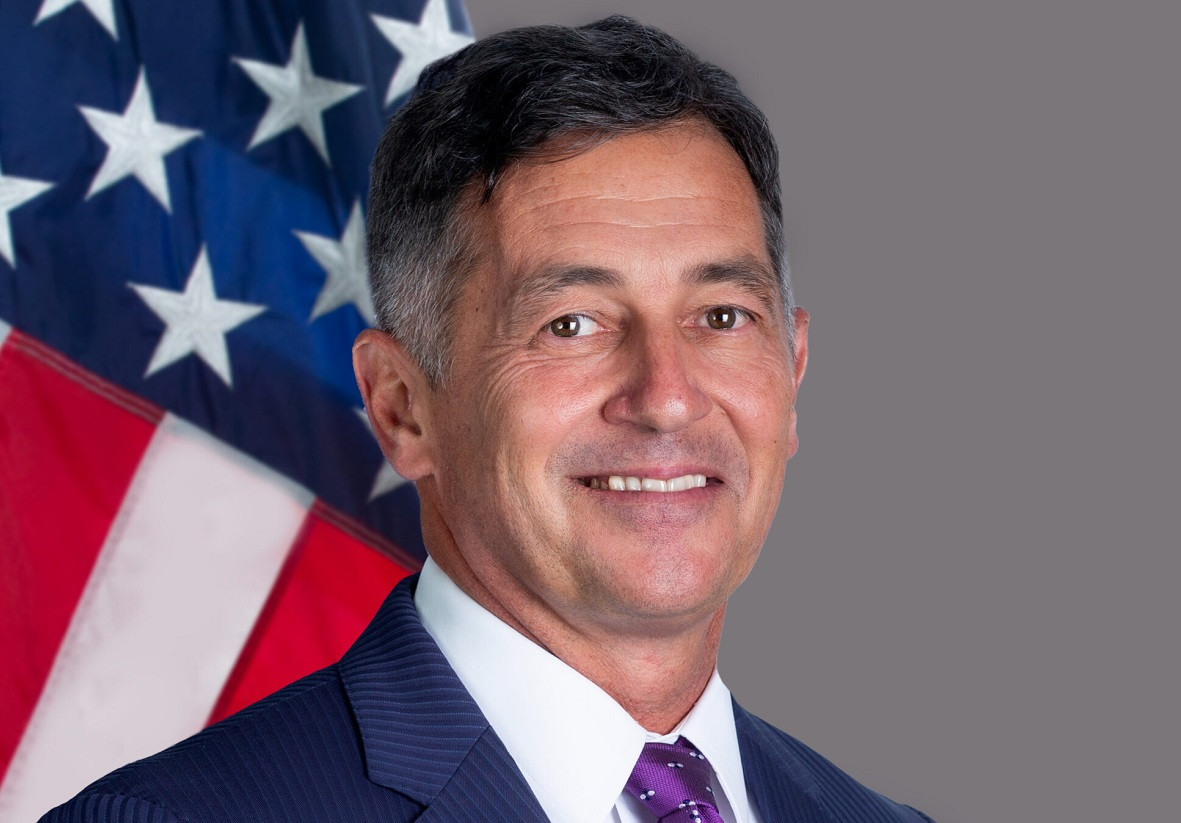US Ambassador to Nepal Randy Berry has refuted reports that the US government has threatened Nepali leaders to ratify the Millennium Challenge Corporation (MCC) Compact.
US Assistant Secretary for South and Central Asian Affairs Donald Lu phoned Prime Minister (PM) Sher Bahadur Deuba, CPN-UML Chairman KP Sharma Oli and CPN (Maoist Center) Chairman Pushpa Kamal Dahal on Thursday.
There were reports in some of the media that Lu warned the three leaders that America will review bilateral ties with Nepal if the MCC Compact is not passed by February end.
Speaking with journalists on Monday Berry claimed that there is no truth in those reports. "We have not threatened Nepali leaders – that is false. But we are asking Nepal to follow through on its commitments," he stated. "Whether the Nepali leaders ratify MCC is a decision for Nepal to make, as a sovereign democratic nation, and Nepal's decision alone. After years of delays on following through on Nepal’s promise, we simply ask that ratifying the agreement be brought to a vote so the people, through their elected officials have their say."
A source close to Dahal had told Setopati that Lu told Dahal that America will take refusal to endorse the MCC Comapct as Chinese intervention and warned that it can affect bilateral ties between the two countries.
"We have had discussions with Nepali leaders – but not in the way characterized by some press and online discourse. As verifiable by public documents or statements, Nepali leaders understand that MCC will bring jobs and infrastructure to Nepal – it is why the government of Nepal asked us for an MCC Compact in the first place," Berry claimed.
He stressed that ratification of the MCC Compact or lack of that will not affect the bilateral ties of almost 75 years. "The relationship between the United States and Nepal is broader than one agreement. This year marks the 75th year of ties between Nepal and the United States. During these 75 years, Nepal has seen monumental and incredible changes. We have stood with Nepal through these changes and supported the country with development aid, disaster response and preparedness assistance, health and education programs, and more."

